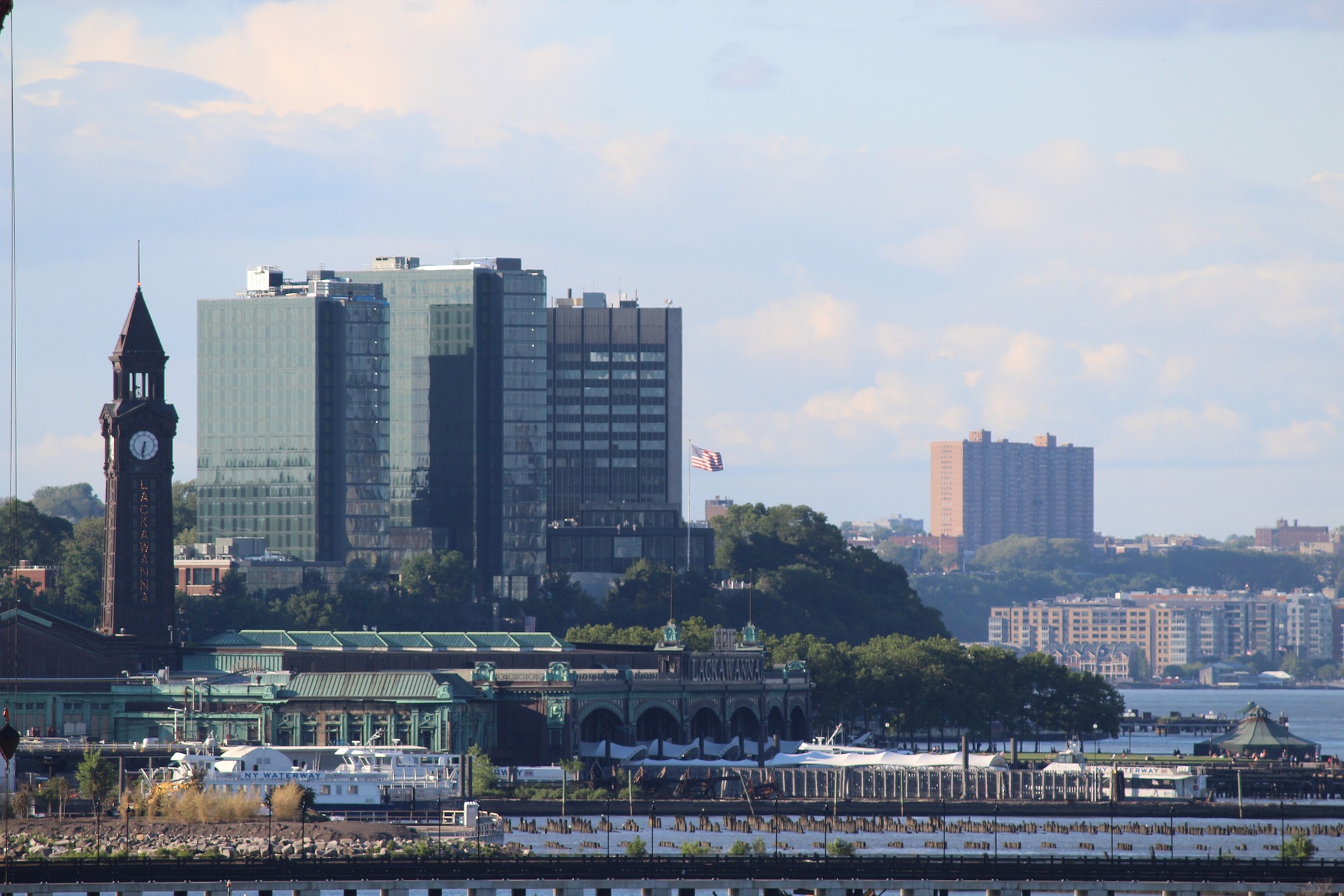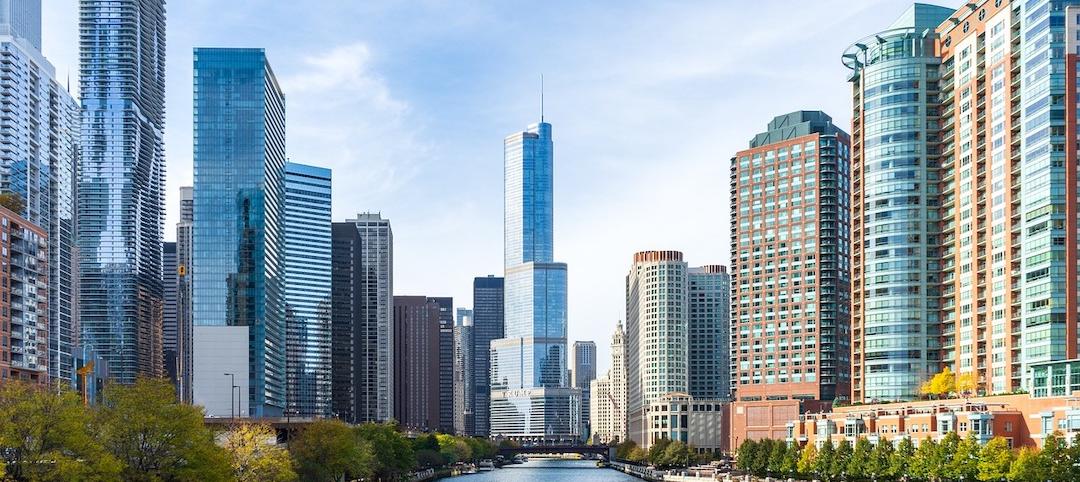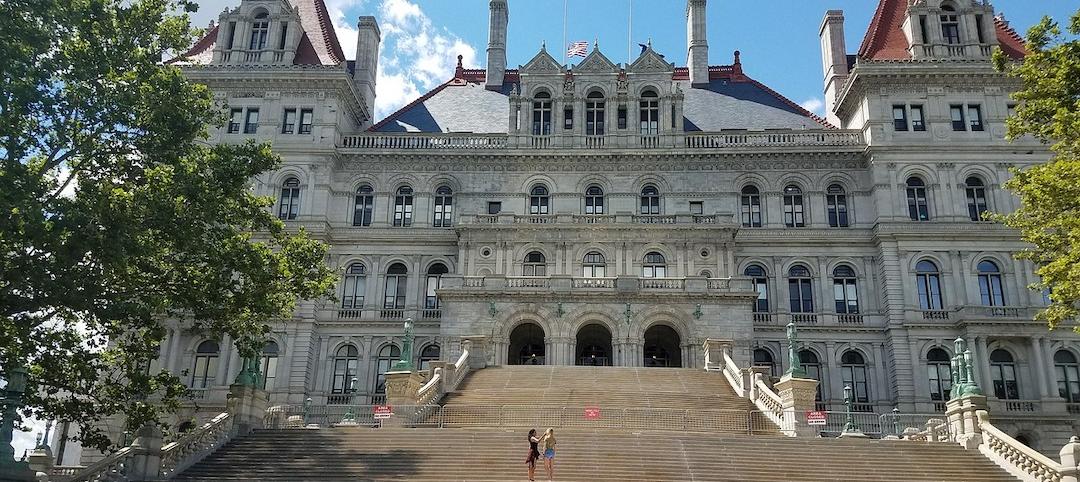Transportation policies enacted in Hoboken, N.J. over the past several years are paying off in the form of fewer pedestrian deaths and injuries.
The city has adopted daylighting, bike lanes, lower speed limits, and intersection redesigns to make its roads safer. The citywide speed limit was reduced to 20 miles per hour. Crosswalks have been painted and repaved to make it easier for drivers to see them. More than 40 curb extensions have been installed to direct cars farther from intersections. Bike lanes now grace about half of Hoboken’s roads.
The mayor says that a bucket of paint enables the city to create a curb extension and high visibility crosswalks to realize a much safer environment at a modest cost. The measures taken by Hoboken have resulted in no traffic death since January 2017, with injuries falling 41%. This safer environment occurred while pedestrian deaths in the U.S. reach 40-year highs.
Daylighting, implementing measures that prevent cars parking at the corner of an intersection, has been a key strategy. This initiative was realized with bump outs—extensions of sidewalks or the creation of small rain gardens in lieu of additional pavement, or the addition of bike racks or bollards.
Related Stories
Codes and Standards | Feb 18, 2022
U.S. Army outlines ambitious renewable energy and decarbonization goals
Net-zero emissions in all procurements and a microgrid at every base among aims.
Codes and Standards | Feb 17, 2022
Pandemic won’t alter urban planning
City planners focused on returning to ‘old normal’.
Codes and Standards | Feb 16, 2022
California court rules affordable housing developers exempt from local zoning
Case could set precedent on state law that overrides local rules.
Codes and Standards | Feb 15, 2022
FORTIFIED resiliency standard expanded to include multifamily sector
Voluntary, beyond-code program aims to protect buildings from severe weather.
Codes and Standards | Feb 10, 2022
Number of Americans at risk of flooding to double in 30 years
Most new risk from new development, not climate change.
Codes and Standards | Feb 10, 2022
Intl. Code Council committee on diversity seeks applicants
New board aims to increase diversity in the membership association.
Codes and Standards | Feb 9, 2022
Climate impact of gas stoves in U.S. equal to half a million cars
New study could increase momentum to ban fossil fuels in new buildings.
Codes and Standards | Feb 7, 2022
Energy efficiency ratings not reflecting true energy use
Highest rated U.K. buildings are less efficient than lower rated ones.
Codes and Standards | Feb 3, 2022
Illinois tops USGBC list of states with the most LEED certified projects in 2021
Top 10 states plus D.C. certified more than 247 million gross square feet.
Codes and Standards | Feb 2, 2022
Public works contracting reform advances in New York State
Governor signs bill to form advisory council that will propose policy changes.

















